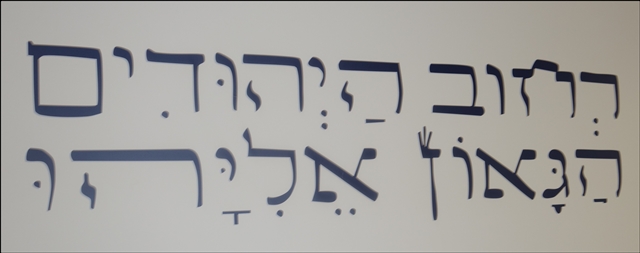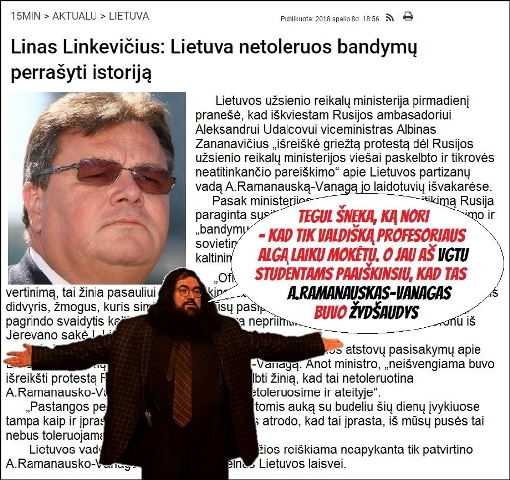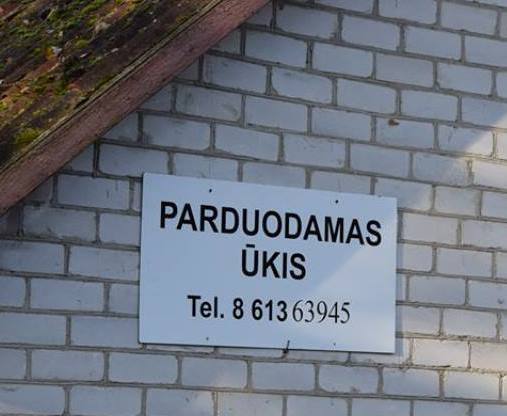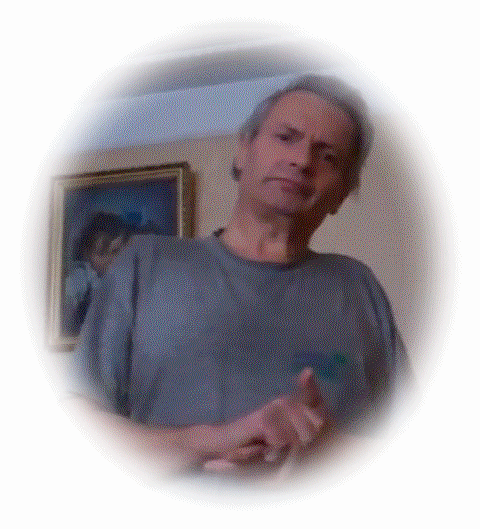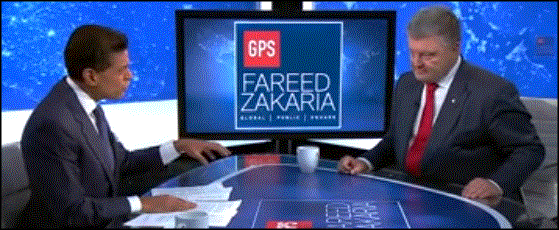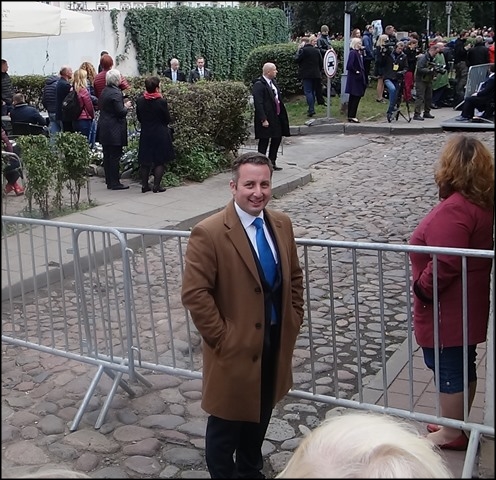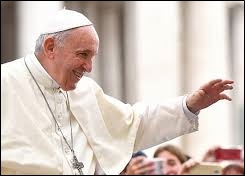FILMS AND VIDEO | ARTS | HISTORY | DOUBLE GENOCIDE
◊
PALM BEACH GARDENS, FLORIDA—Richard Bloom, director of Richard Bloom Productions, has just announced the release of the updated version of Defending Holocaust History, a documentary film originally released in 2013. The film focuses in on the campaign by elements of the Lithuanian government and the country’s nationalist elite to rewrite the history of the Holocaust, by attempting to delegitimize the Holocaust as a unique historical event through various actions designed to diminish the Holocaust and “upgrade local Soviet crimes” to the status of genocide, along the way harassing Holocaust survivors who joined the resistance while glorifying local Holocaust perpetrators who were also “anti-Soviet” (the entire complex has become known as “Double Genocide”). As readers of DH will know, these continue to be burning and current issues, every bit as timely as in the year of the original film’s production.
